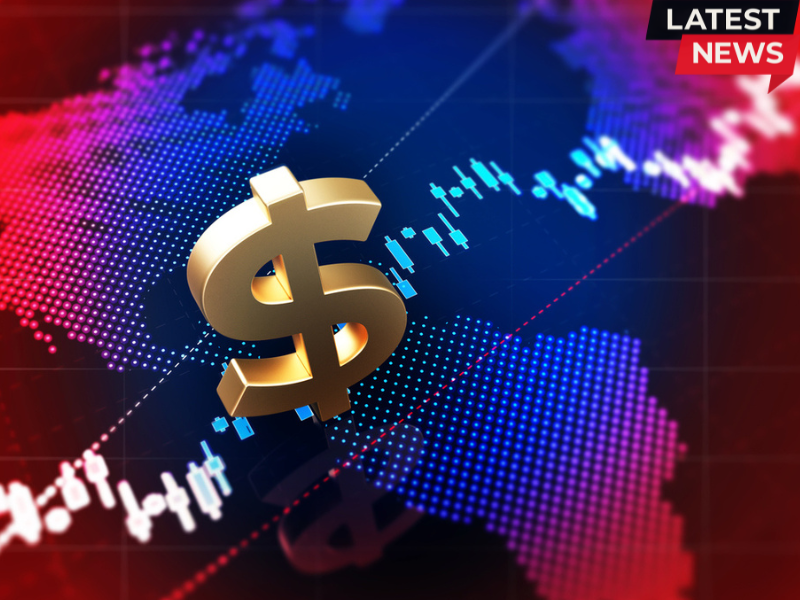In a historic first quarter, America’s biggest banks posted record stock trading revenue as financial markets were roiled by global uncertainty following President Donald Trump’s return to office. Goldman Sachs, Morgan Stanley, JPMorgan Chase, and Bank of America each reported record-high equities trading figures, with the top three bringing in around $4 billion apiece.
Altogether, the six largest U.S. banks—including Citigroup and Wells Fargo—generated $16.3 billion in stock trading revenue, a 33% increase from the previous year and higher than during the 2020 pandemic or 2008 financial crisis. Analysts hailed the results as “extraordinary” and “spectacular,” with all but Wells Fargo surpassing earnings expectations.
The surge comes not from dealmaking, which remains subdued, but from soaring trading volumes driven by policy shifts and global market volatility. Trump’s early moves—proposing tariffs on Canada and Mexico in January, escalating trade tensions with China in February, and launching sweeping policy changes by April—sent equities and bond markets into sharp swings.
“The business is performing very well and clients are very active,” Goldman CEO David Solomon said. Morgan Stanley’s CEO Ted Pick echoed the sentiment, noting professional investors are seizing opportunities as volatility creates fresh trading dynamics.
While equities led gains, fixed income teams also saw strong performance amid increased activity in currencies, commodities, and bonds. This wave of trading activity is helping big banks prepare for potential economic headwinds, including rising loan defaults and a projected unemployment increase to 5.8% by year-end, according to JPMorgan models.
Meanwhile, regional banks lacking major trading operations face pressure as loan growth slows and defaults rise. “It’s a tough spot,” said Edward Jones analyst James Shanahan, adding that trading will likely remain a key revenue driver so long as volatility persists.
Wall Street’s trading dominance, sharpened after the 2008 crisis, is proving more critical than ever. Instead of making directional bets, firms now profit by facilitating trades and extending leverage to global investors—regardless of market direction.
“For all the concerns about the economy, market-making has remained very orderly,” Pick said.
Related Readings:










